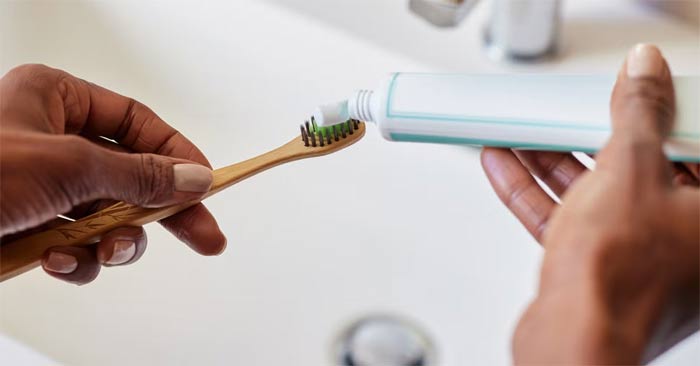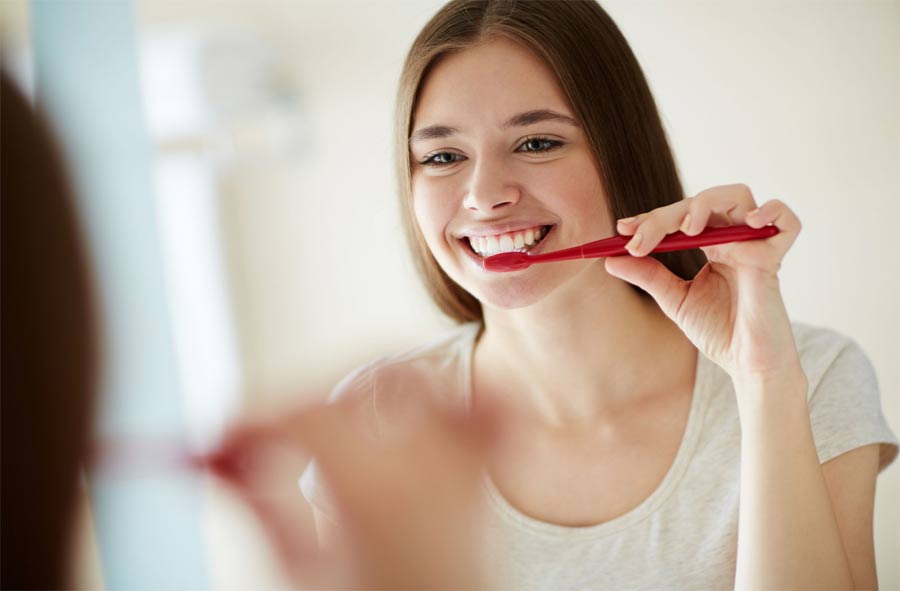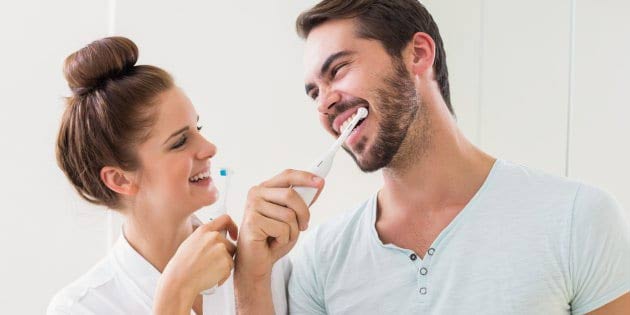Should I brush my teeth before or after breakfast?
Brushing your teeth in the morning is more than just fresh breath; it's an important part of protecting your oral and overall health. But do you know whether you should brush your teeth before or after breakfast?

In fact, more and more research is showing that your oral health is about more than just your teeth and gums. Good oral health is closely linked to your overall health. Brushing, flossing, and regular dental checkups not only protect your mouth, but also your heart, lungs, brain, and more.
Before you reach for your toothbrush, follow these tips to optimize your oral care routine and time your brushing correctly.
Should you brush your teeth before or after breakfast?
Most dentists recommend that if you only brush your teeth once in the morning, it's best to do it right after you wake up — before you eat anything.
In addition to eliminating bad breath in the morning, brushing your teeth is also important to remove plaque and bacteria that have built up overnight. That's because when you sleep, your body doesn't produce as much saliva as when you're awake, so there's no water in your mouth to wash away bacteria throughout the night.
Not brushing your teeth can lead to cavities and gum disease. And if you breathe through your mouth while you sleep—instead of through your nose—it's even more important to brush your teeth first thing in the morning, since mouth breathing dries out your mouth tissues, reduces saliva flow, and increases plaque buildup.
Brushing before eating also coats your teeth with fluoride, hydroxyapatite, calcium phosphate, or other minerals that may be in your favorite toothpaste. This protects your teeth from acid attack when you eat breakfast, especially if it's sweet or acidic.

Should you brush your teeth again after breakfast?
Yes, but there are a few things to keep in mind. Dentists don't recommend re-brushing if you have exposed roots, thin enamel, or sensitive teeth, as frequent brushing can make these conditions worse.
Research shows that it's best to wait 30 minutes after eating or drinking, especially if you've had coffee or acidic juice. Brushing too soon after exposure to acid can actually damage your tooth enamel, causing it to temporarily soften.
Finally, consider how you brush your teeth. Proper brushing technique is important. Brushing too hard can lead to receding gums, worn enamel, and sensitivity. Use a soft-bristled toothbrush with gentle pressure, and avoid abrasive toothpastes, such as those containing baking soda, activated charcoal, or whitening agents.
If you're worried about brushing too much and if you really want clean, fresh teeth after breakfast or coffee but have already brushed, try rinsing with a natural or alcohol-free mouthwash.
Should you brush your teeth after lunch?
For most people, brushing twice a day, morning and night, is enough to maintain good oral health. However, brushing after lunch may be a wise decision if you are prone to cavities or gum disease; you ate something sticky, sugary, or acidic; you wear braces, clear aligners, or other appliances that can trap food; or you won't be able to brush again for several hours.

Tips for brushing your teeth more effectively
- Floss before brushing . Studies have found that people who floss first remove more plaque between teeth and have higher levels of fluoride in their plaque.
- Take your time . Most people brush for 30 to 45 seconds, but you need a full 2 minutes to clean the entire surface of each tooth. Try using a timer or a song to pace yourself.
- Study the angle of your toothbrush . Always hold your toothbrush at a 45-degree angle to the gum line — not flat on your teeth. This helps clean where plaque starts, right at the junction between your teeth and gums.
You should read it
- ★ Beautiful white teeth without using chemicals
- ★ Brushing your teeth at any time of the day is the best
- ★ 4 habits unknowingly make teeth more and more badly damaged
- ★ 10 mistakes are often made when taking care of your teeth
- ★ Why is it so stupid and painful that they're still called wisdom teeth?